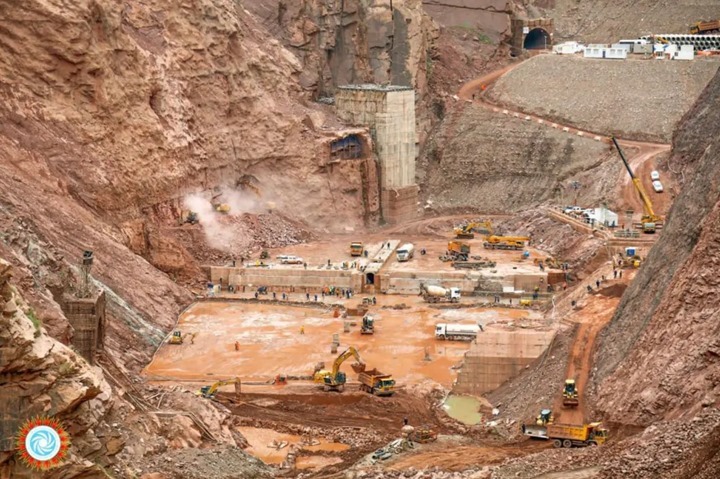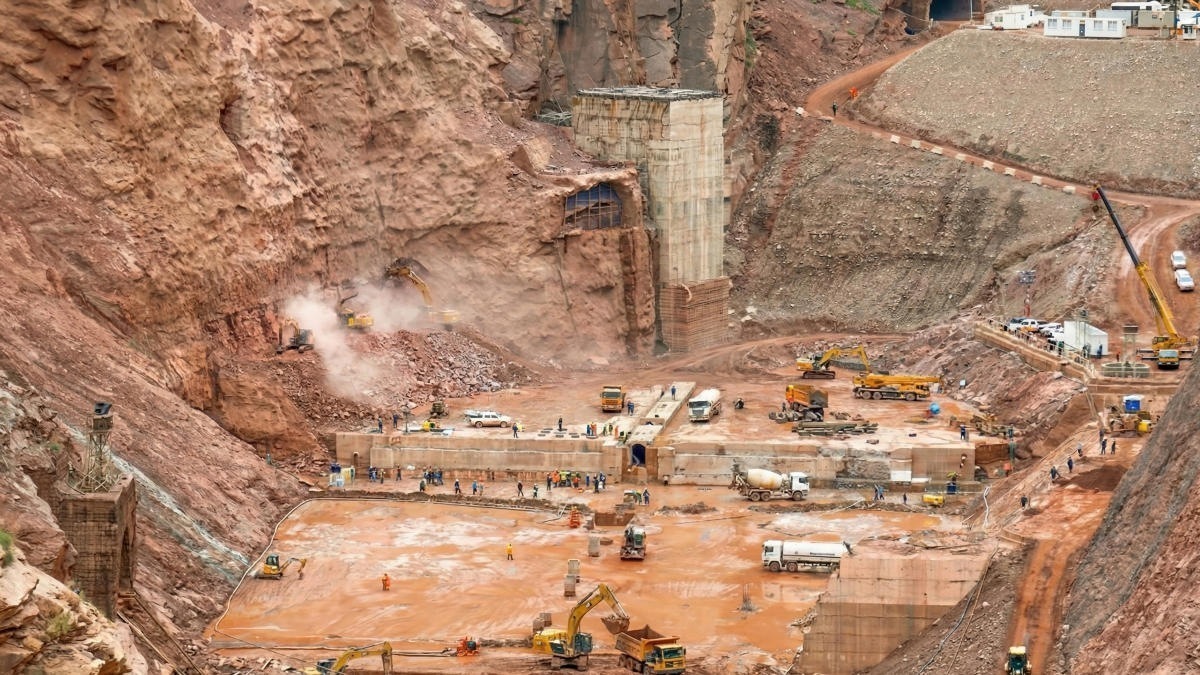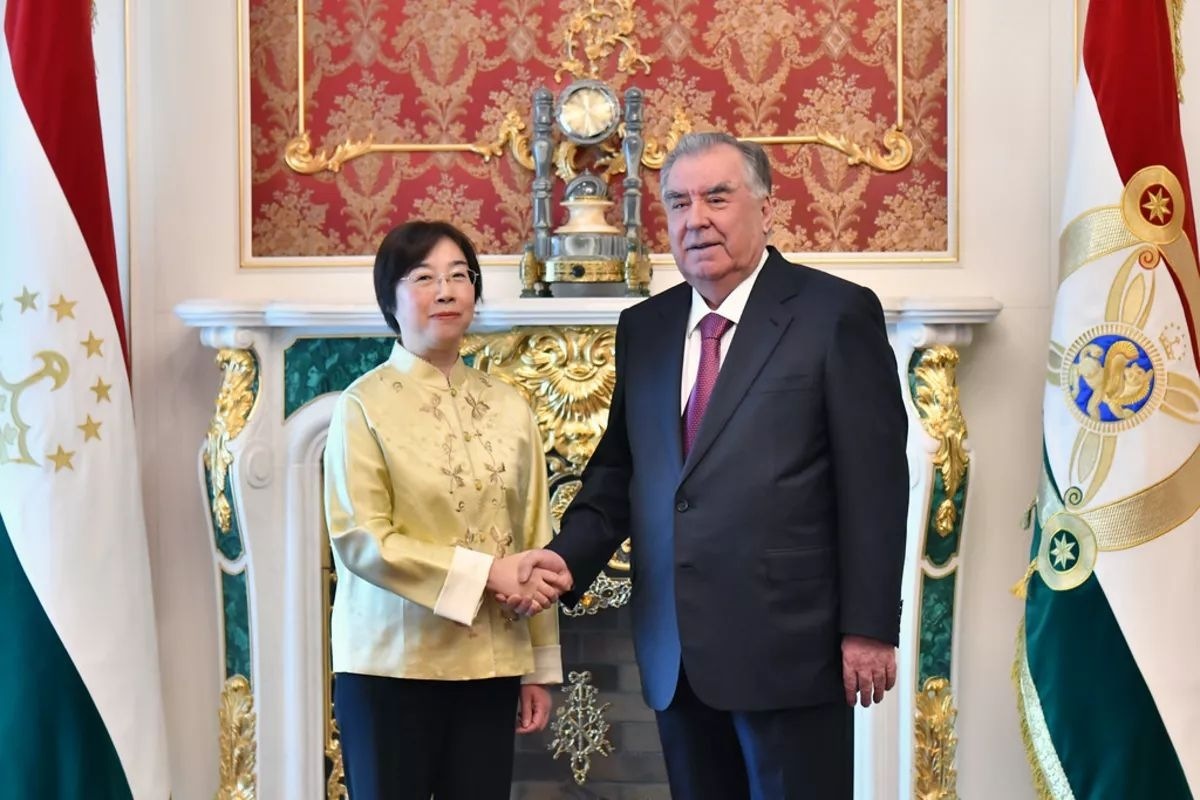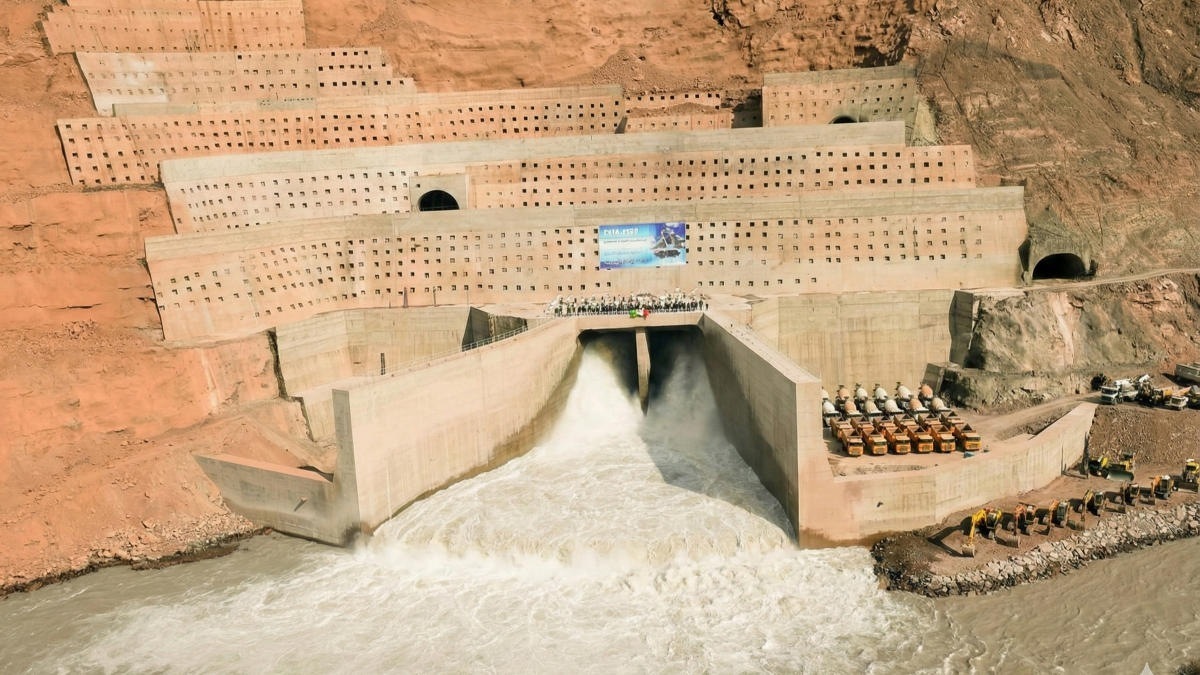Rivers Without Boundaries, an international environmental organization, has released a detailed report analyzing alternative strategies for completing the Rogun Hydroelectric Power Plant (HPP) in Tajikistan. This report has been submitted for review to the World Bank Board of Directors.

The report highlights the importance of exploring alternative energy development options in Tajikistan before committing to the $6.4 billion Rogun HPP project. The coalition advocates for solutions that minimize environmental and social risks while maximizing long-term benefits for the region.
Environmentalists caution that even if the World Bank approves the construction of the world’s tallest dam, standing at 335 meters, many of Tajikistan’s pressing challenges will remain unresolved. Persistent electricity shortages, for example, are projected to continue until at least 2036, despite the project’s completion. Additionally, the project poses significant threats to the UNESCO-listed Tigrovaya Balka Nature Reserve and the endangered shovelnose sturgeon in the Vakhsh River. Agricultural disruption is another major concern, as over seven million people across Tajikistan, Uzbekistan, Turkmenistan, and Afghanistan risk losing access to vital water resources for farming.
The coalition proposes an alternative approach that combines a smaller Rogun HPP with the development of solar power plants. By reducing the dam’s height by 70 meters, the plan could substantially lower economic, social, and environmental risks. This modified strategy offers several benefits, including reducing the number of displaced residents from 40,000 to roughly 13,000. Moreover, integrating solar energy into the energy mix could enable Tajikistan to meet its winter electricity demands by 2030–31 while enhancing resilience to climate change. Diversifying the energy sector would also mitigate long-term economic vulnerabilities.
Previously, Rivers Without Boundaries published a report titled “Rogun Hydroelectric Power Plant Project: Non-Compliance Report with World Bank Requirements,” which detailed how the Rogun HPP project violates the World Bank’s environmental and social standards in six critical areas: environmental assessment, biodiversity protection, resource efficiency, dam safety, public participation, and forced displacement.
The coalition calls on the World Bank and Tajik authorities to consider alternative solutions that align energy development with environmental sustainability and social responsibility, ensuring a balanced and equitable approach to the region’s energy needs.






Leave a Reply